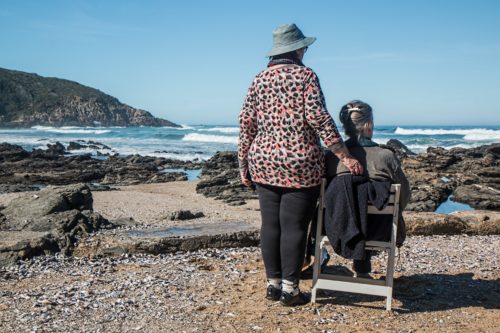
{3:00 minutes to read} The increasing number of Alzheimer’s patients in nursing homes has led to a rise of sexual abuse.
As baby boomers age, the risk of their suffering from cognitive impairments grows. The most well known cause of cognitive impairment is Alzheimer’s disease. Some 5.3 million Americans suffer from this illness; moreover, two-thirds of them are women. Since Alzheimer’s sufferers may have difficulty communicating, recognizing or understanding, many unfortunately are vulnerable to sexual abuse.
The perpetrators of the abuse can be strangers, facility employees or other patients:
Even though a nursing home knew that a patient with Alzheimer’s had a history of sexually abusing other patients with Alzheimer’s, the facility purposely concealed this from new patients and their families. It also failed to limit his access to other patients. Eventually, one of his victim’s family members contacted the authorities and charges were brought. The victim also sued the nursing home to recover compensation for her injuries and for the cover up of the prior assaults.
Issues can arise between long-term partners or spouses, if one of them no longer has the capacity to consent to intimacy:
Recently, a retired Iowa legislator was acquitted of charges that he had sexually abused his wife – a victim of Alzheimer’s. She was a resident of a nursing home and the doctors and staff had told him that his wife’s dementia prevented her from consenting to sexual acts. We don’t know whether his acquittal was based on the jury’s finding that his wife had consented or that no sexual act occurred.
Only 1 in 14 cases of elder abuse are actually reported. We need to do what we can to protect our friends and relatives in nursing facilities. Here are some suggestions:
- Visit nursing home residents frequently, but never on a schedule. Vary the times so staff doesn’t become accustomed to a routine.
- Look at the patient’s entire body to see if there are any signs of bruising.
- Be aware of any changes in the patient’s personality, affect or appetite.
Staff should be questioned to explain any bruising or behavioral changes. If you suspect sexual abuse of a loved one or friend, seek help. Some District Attorney offices have special elder abuse bureaus that specialize in these hard-to-prove cases.
If there is anything we can do to help, call us at 212-809-4293. We are happy to answer your questions.
Ron Katter
Katter Law Firm
Phone: 844-WAS-HURT
Alt Phone: 212-809-4293
